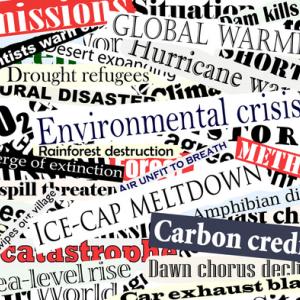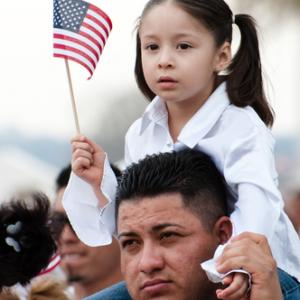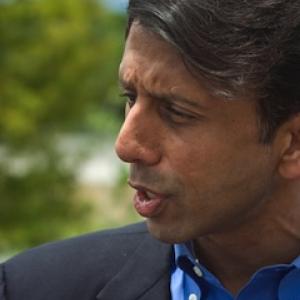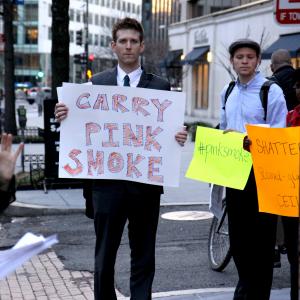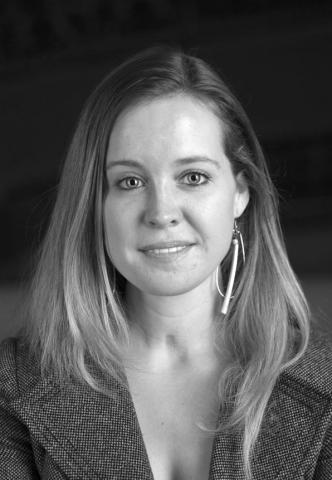
I'm deputy web editor for Sojourners, where I report on culture, tech, and religion, and look for voices to contribute to conversations on faith, spirituality, justice, innovation, and daily life. A collection of my reporting on sexual abuse and Christian communities, "I Believe You: Sexual Violence and the Church," was published in 2014 (avail on Amazon).
Beyond the religion beat, I also write on business, tech, community innovation, nostalgia, loss, collective memory, and war, with work appearing in the Atlantic, Pacific Standard, the Washington Post, Think Progress, and Books & Culture. In 2014, I spoke on collaborative solutions and "Do It Together" design models at SXSW in Austin, Texas.
My favorite postures are ethnographer and producer — reporting on the spread of subcultures, ideas, objects, and beliefs through time and place; and creating the conditions for others' voices and talents to thrive.
My nonofficial, not-so-subtle goal is to keep D.C. weird. Hold me to it.
Posts By This Author
Words Matter: Why the AP Will No Longer Call People 'Illegal'
The Associated Press announced Tuesday it is dropping the term "illegal immigrant" from its Stylebook. Citing concern for “labeling people, instead of behavior,” AP’s Senior Vice President and Executive Editor, Kathleen Carroll, wrote, “The Stylebook no longer sanctions the term 'illegal immigrant' or the use of 'illegal' to describe a person. ...'Illegal' should describe only an action.”
This change is a huge win for those working on immigration reform, including the staff at Sojourners. Last fall, Sojourners joined many others in calling on the Associated Press to change the term.
“The media’s usage of the word 'illegal' is dehumanizing and distorting," wrote Sojourners Immigration Campaigns Fellow Ivone Guillen in October. "When used by journalists, it introduces a bias into their reporting and risks prejudicing the reader against the needs, concerns, and humanity of immigrant communities, regardless of their documentation status.”
Report: Public Concern Over Climate Change Is Rising
The Yale Project on Climate Change Communication has an updated version of its report, Global Warming’s Six Americas, out this month. The report, which identifies and explores six major attitudes towards climate change, shows that the number of Americans alarmed about climate change has risen from 10 to 16 percent of the population over the last two years.
At the same time, those dismissive towards the reality of climate change have decreased in size, from 16 percent in 2010 to 8 percent in 2012.
The “Six Americas” of the title refers to six predominant postures toward climate change in the United States, grouped by researchers along a spectrum of concern and engagement, from “Alarmed” to “Dismissive.” By focusing on attitude rather than demographics, these groupings represent cohesive yet widely diverse cross-sections of the public.
More than Six in Ten Americans Support Pathway to Citizenship for Immigrants
More than six in ten Americans support a pathway to citizenship for immigrants, a survey out today from the Public Religion Research Institute finds.
63 percent of Americans support a path to citizenship, including a majority of Republicans, Independents, and Democrats, and majorities among every major religious group.
“Proponents of immigration reform are unlikely to find a more favorable moment [in the political climate] than now,” said EJ Dionne, Senior Fellow at the Brookings Institution and a columnist at the Washington Post, as part of a survey panel this morning.
Louisiana Faith Leaders Step Up to Protect Poor, Rebuke Gov. Jindal’s Draconian Tax Plan
Louisiana faith leaders hand-delivered a letter to Gov. Bobby Jindal this morning, denouncing his proposal to increase sales tax by 47 percent as “unjust” and “regressive.”
The state already has one of the most disproportionate tax systems in the country, with low- and middle-income families paying more than twice the rate in taxes as families whose income totals more than $1 million per year. To raise the sales tax even higher, say leaders, would deal a crushing blow to the poor.
“[W]e are concerned that your plan proposes to use the increased revenue generated by a heavier burden on poor and moderate income families,” the letter reads, “not to fund any of the important needs and services our State faces, but to decrease the tax burden for those members of our community who are most blessed with wealth and resources. That … is unacceptable.”
Pink Smoke Over the Vatican: Prayers to ‘Shatter the Stained-Glass Ceiling’ of Leadership
As cardinals in the Vatican wrapped up the first day of the conclave with no decision on the next pope, a small crowd assembled on the steps of the Cathedral of St Matthew the Apostle here in Washington, D.C., with signs, a guitar, and fervent prayers that the conclave would usher in a new openness to women in Catholic leadership.
The chilly March wind rose as volunteers passed around flickering candles. “There’s too much Holy Spirit here tonight,” one organizer joked. “We should tell her to tone it down a bit.”
Those assembled were praying for something popes have long opposed: an active recognition of women as decision-makers in the church.
Americans Nearly Unanimous on 'Ideal' Wealth Distribution, But Unaware of Real Levels of Inequality
This week's viral video is a must-see. The six-minute "Wealth Inequality in America," released Friday, presents the shocking, true size of the wealth gap in the country.
In a series of animated infographics, the video lends a visual punch to numbers that are hard to wrap one’s head around. The top 1 percent of Americans hold 50 percent of all investments in stocks and bonds, for example – while 80 percent of Americans share a paltry 7 percent of the nation’s wealth.
The Washington Post is Wrong on Keystone XL
The day after the Washington Post announced it was moving its top environmental reporter off the green beat to cover politics at the White House, this op-ed went up toeing an uncomfortably familiar line: by speaking out against the Keystone XL pipeline, environmentalists are “missing the climate-endangered forest for the trees.”
Leaving aside for a moment the uncomfortable irony of being reprimanded for missing the big fight by an outlet that is reshuffling focus on that very front: the editorial board, respectfully, is wrong. Not that it doesn’t have a point, but that point is concrete and incremental – and misses the entire meaning of the forest of protests over the last 18 months.
"A Place at the Table": New Documentary Speaks Out on Solving Hunger in America
A new documentary from the producers of Food, Inc. premieres today, serving up the critical problem of rising hunger in the United States with a surprising thesis: we’ve already solved it.
… Forty years ago, that is. A Place at the Table, the newest documentary from Participant Media, reveals how political will in the 1960s and 70s ushered in an era of bipartisan-sponsored, government-funded programs that “nearly solved” the problem of hunger.
Compare that with today, in which 50 million Americans rely on food assistance programs – and nearly one-in-two children will require food assistance in their lifetimes. The stark disparity between then and now begs the question: what happened?
Lincoln, Christ, and America's State of Exception
I didn’t expect to leave a Friday night screening of Lincoln thinking about Jesus.
And I definitely didn’t expect the link to be an Italian political philosopher named Grigorio Agamben.
But of Lincoln’s many triumphs as an Oscar-season contender, its lasting effect is its surprisingly mature meditation on wisdom, freedom, and the necessity of employing the former when granted the latter.
Watching Lincoln reason aloud his justification for the Emancipation Proclamation, an act he admits to his advisors was dubiously legal at best, we encounter the film’s driving question: in a time of crisis when the rules no longer apply, what kind of moral vision do we want in leadership?

